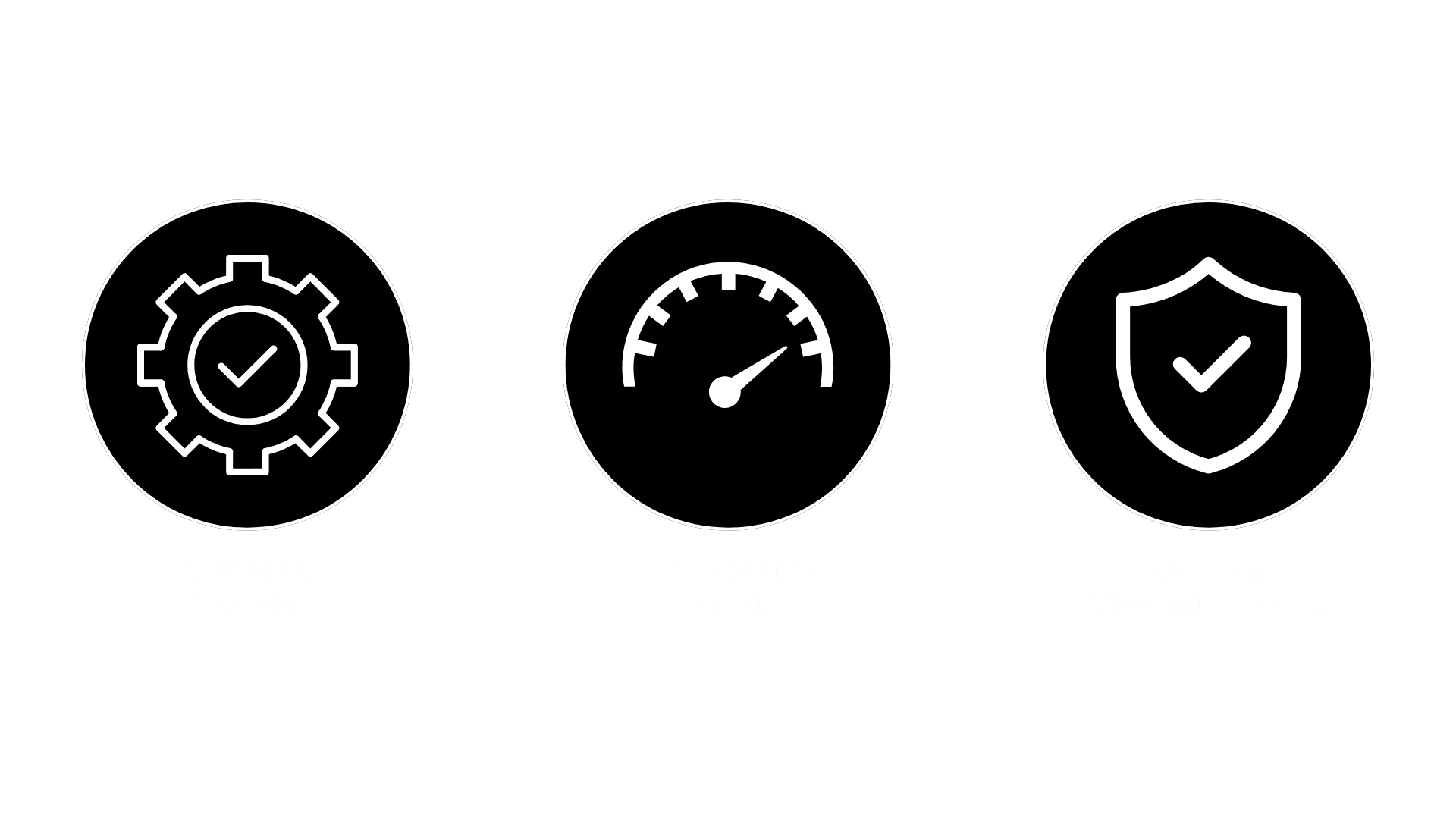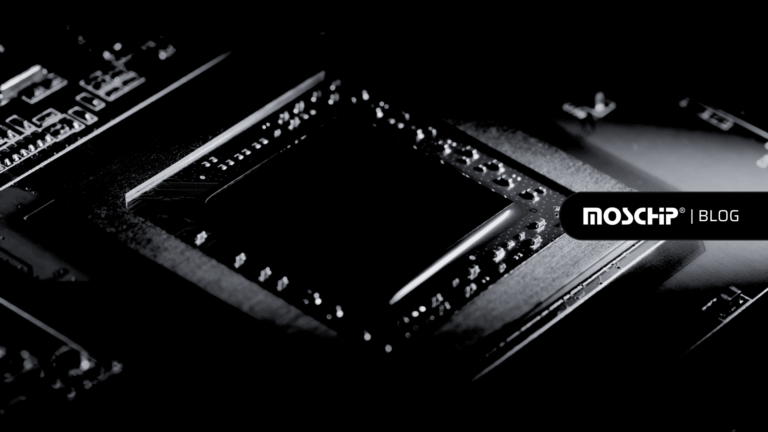Quality Assurance for Embedded Systems
The modern world is based on embedded systems, which are a rapidly developing field of technology. Embedded systems are the quiet architects of our technological environment, influencing everything from the delicate intelligence of smart home appliances to the vital functions of the healthcare and automotive industries. The careful application of quality assurance (QA) ensures the smooth and error-free operation of these complex systems. QA becomes apparent as a key factor in embedded system development. In this paper, we analyze the importance of quality assurance (QA) in embedded systems, where accuracy and dependability are not only required but also desirable. Come along as we explore the different facets of quality assurance and how it affects the reliable operation of embedded systems.
Embedded systems are specialized computing platforms intended to carry out specific duties or operations inside of a larger system. Embedded systems are vital parts of many industries because, in contrast to general-purpose computers, they are tightly integrated into the devices they power. Smart home appliances, industrial machinery, automotive systems, medical equipment, and more are all created by them. Without drawing too much attention to themselves, these systems guarantee smooth and effective operation.
Quality Assurance’s Importance for Embedded Systems
Quality assurance (QA) in embedded systems refers to a methodical procedure that verifies that developed systems fulfill requirements and function flawlessly in intended environments. Embedded systems require quality assurance (QA) for the following reasons.
Reliability: Embedded systems frequently carry out essential tasks. Dependability is essential for any system, be it an autonomous car’s control system or a pacemaker controlling a patient’s heartbeat. These systems run with a high degree of consistency and dependability thanks to quality assurance. Several important test kinds are used in reliability assessments.
- Feature Testing
- Regression Testing
- Load Testing
Safety: Medical devices and automotive control systems are two examples of settings where embedded systems are widely used, and safety is of utmost importance. To make sure that these systems adhere to safety regulations, quality assurance procedures are made to recognize and minimize possible risks and hazards. The Hazard Analysis and Risk Assessment (HARA) approach is used with embedded systems to bring them to a safe state. An extra degree of care is required in the automotive and healthcare sectors. In medical devices and systems, adherence to data security and patient privacy regulations is critical. The Health Insurance Portability and Accountability Act (HIPAA) approach is used to guarantee the secure and private handling of medical records.
Compliance: Embedded systems are subject to industry-specific rules and specifications. Whether they are related to smart consumer electronics, healthcare, automotive safety, or any other industry, QA procedures aid in confirming that the developed systems adhere to these regulations. Depending on the nature of the product, embedded systems are subjected to different compliance tests, such as security, industry standards, and regulatory compliance tests.
Performance: Embedded systems’ performance is crucial, particularly for real-time applications. Performance testing is part of QA to make sure these systems can manage the anticipated workload and respond quickly enough. The kinds of performance testing are as follows.
- Load testing
- Stress testing
- Scalability testing
- Throughput testing
Evolution of QA in Embedded systems
Embedded systems are developing quickly. As a result, to stay up with these developments, QA procedures must also change. The following are some significant developments in QA for embedded systems
- Increased complexity: QA procedures must keep up with the increasing complexity of embedded systems as they incorporate more sophisticated features and connectivity options. This entails using cutting-edge testing tools and thorough testing methodologies.
- Agile development practices: Practises for quality assurance in embedded systems have been impacted by the use of agile approaches in software development. Due to its flexibility, development can be done more collaboratively and iteratively, allowing for quicker time-to-market and quicker adaptation to changing requirements.
- Security concerns: Security is now the top priority due to embedded systems’ growing interconnectedness. Strict security testing is now a part of QA procedures to find and fix vulnerabilities and shield embedded systems from possible cyberattacks.
- Integration testing: Integration testing has become more important because of how interconnected contemporary embedded systems are. To guarantee smooth functioning, QA teams concentrate on testing the interactions between various parts and subsystems.
Automated Testing in Embedded Systems
With the increasing complexity of embedded systems, conventional testing techniques are unable to provide the speed and precision needed for productive development. Test automation comes into play here. Automated testing accelerates time-to-market and improves overall efficiency in embedded systems by streamlining the verification process. Additionally, a key component of automated testing is machine learning testing, which uses machine learning algorithms to improve and adjust testing protocols over time. By doing so, efficiency is increased, and potential issues are detected before they worsen.
Testing Approaches for Embedded Systems
Device and embedded testing are an essential component of quality control for embedded systems. This involves thoroughly evaluating embedded devices to ensure they function as intended and meet safety and compliance standards. Different testing strategies are needed for embedded systems to cover a range of functionalities and applications.

Testing approaches for Embedded systems
To ensure that embedded systems accurately complete the tasks they are assigned, functional testing is used. Using this approach, each function is thoroughly examined to make sure it conforms with the system’s requirements.
Performance testing looks at how an embedded system behaves in various situations. This is necessary for applications where real-time responsiveness is crucial, such as industrial machinery or automotive control systems.
Testing for compliance and safety is crucial, particularly in sectors with stringent laws. To ensure safety and dependability, compliance with standards such as MISRA-C in software development and ISO 26262 in the automotive industry is mandatory.
Leveraging machine learning in testing (ML testing)
The application of machine learning (ML) to embedded system testing procedure optimization and automation is growing in popularity. Test automation uses AIML algorithms. ML-driven test automation significantly reduces both test effort and time. It can build and execute test cases, identify patterns in test data, and even use historical data to predict potential issues. Anomalies and deviations from typical system behavior can be recognized by ML algorithms. This is especially useful in identifying small issues that traditional testing might miss.
Technology is always evolving, and embedded systems are no exception. Exciting possibilities exist for quality assurance in embedded systems in the future, with a persistent focus on automation, machine learning, and agile testing approaches.
To sum up, quality assurance plays an essential role in the development of embedded systems. It not only ensures the dependability and security of these systems but also develops them to meet new opportunities and challenges in the dynamic field of embedded technology.
About MosChip:
MosChip has 20+ years of experience in Semiconductor, Product Engineering services & Software, security with the strength of 1300+ engineers.
Established in 1999, MosChip has development centers in Hyderabad, Bangalore, Pune, and Ahmedabad (India) and a branch office in Santa Clara, USA. Our software expertise involves platform enablement (FPGA/ ASIC/ SoC/ processors), firmware and driver development, systems security, BSP and board bring-up, OS porting, middleware integration, product re-engineering and sustenance, device and embedded testing, test automation, IoT, AIML solution design and more. Our semiconductor offerings involve silicon design, verification, validation, and turnkey ASIC services. We are also a TSMC DCA (Design Center Alliance) Partner.
Stay current with the latest MosChip updates via LinkedIn, Twitter, FaceBook, Instagram, and YouTube
Author
-
Ambuj is a Marketing professional at MosChip creating impactful techno-commercial writeups and conducting extensive market research to promote businesses on various platforms. He has been a passionate marketer for more than three years and is constantly looking for new endeavours to take on. When He’s not working, Ambuj can be found riding his bike or exploring new destinations.







